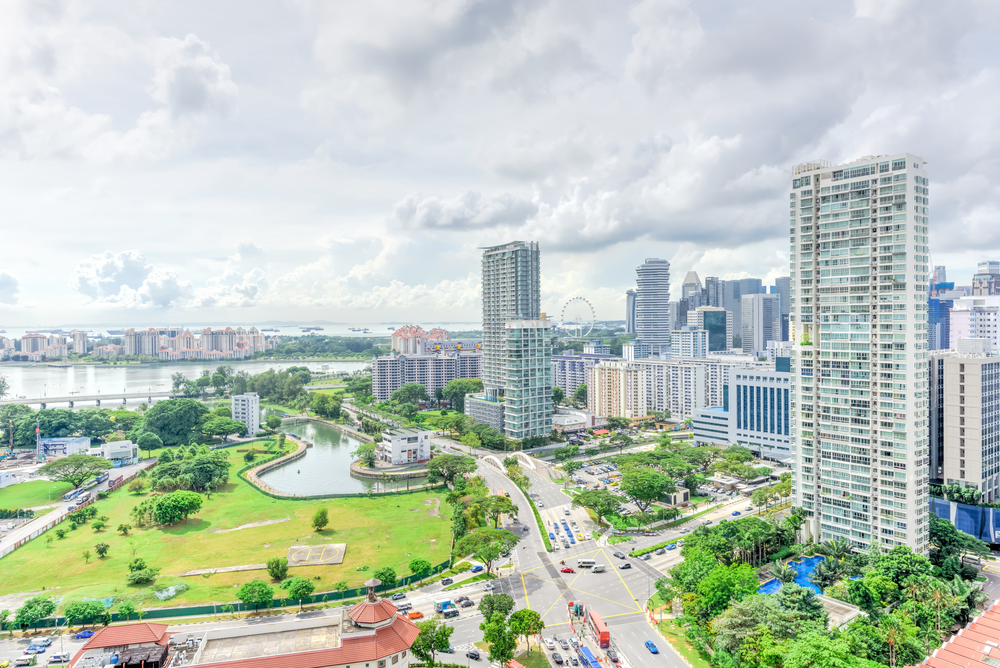Global residential proptech market worth $260 trillion
Residential proptech is all about improving living standards, achieving sustainable development goals, and democratising investments

Residential real estate has a global worth of approximately USD260 trillion, which is roughly eight times the value of commercial real estate — office spaces and retail outlets included. The overall market capitalisation of the world’s listed firms is at a whopping USD85 trillion, yet the housing market accounts for only one-third of that amount.
Kay (Kosuke) Kato, President of WealthPark Lab, stated in WealthPark Residential Proptech 2022 that, “‘The biggest wealth in the world’ and ‘The latest information technology’ — we believe that where these two intersect, there will be affluence and happiness for people and society. At the intersection of these two, residential PropTech companies are there around the world, those names are still unknown to the general public.”
Last year, residential proptech won the industry over and what it left in its wake was an opportunity for 2022 to accelerate adoption and growth. In H1 2021, it hit a record high in terms of inflow of venture capital (VC) funding.
More: Proptech paves the way for green building adoption in developing countries
The market’s insatiable hunger and industry’s abundant resources are breathing life into new business models, supported by related financial services and cutting-edge technology (the Internet of Things (IoT), metaverse, and blockchain residential proptech).
The expected average for residential proptech this year is a CAGR of 13 percent, up four percent from the historical five-year revenue CAGR of 9 percent of traditional real estate, according to Digital Journal.
Residential proptech is all about improving living standards, achieving sustainable development goals, and democratising investments. These are means to adapt to the changes brought by the COVID-19 pandemic.
For example, in data provided by Ken Research, Singapore’s proptech market is projected to grow at 30.1 percent CAGR from 2020 through 2025, opening many doors for investors. Virtual and augmented reality technologies, for example, are offering immersive viewing experiences, especially for overseas buyers and properties
The Property Report editors wrote this article. For more information, email: [email protected].
Recommended
6 reasons Bekasi is rising as Greater Jakarta’s next hotspot
One of Greater Jakarta’s rising stars is prospering, thanks to ample recreation and a contingent of desirable housing projects
6 developments driving Asia’s green real estate shift
Developers are being incentivised to push a green agenda into daring new realms
The Philippines’ LIMA Estate drives sustainable industrial growth
LIMA Estate models a citywide vision that uplifts workers while appealing to climate-conscious employers
Malaysia property market rebounds with foreign interest and growth
The nation’s property market is stirring to life, fuelled by foreign buyers and major infrastructure drives







